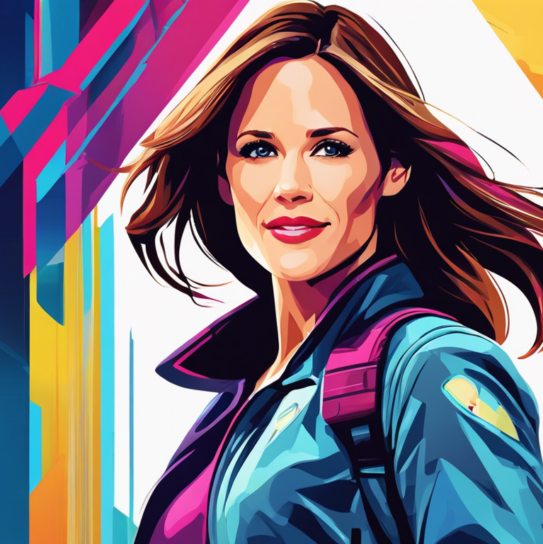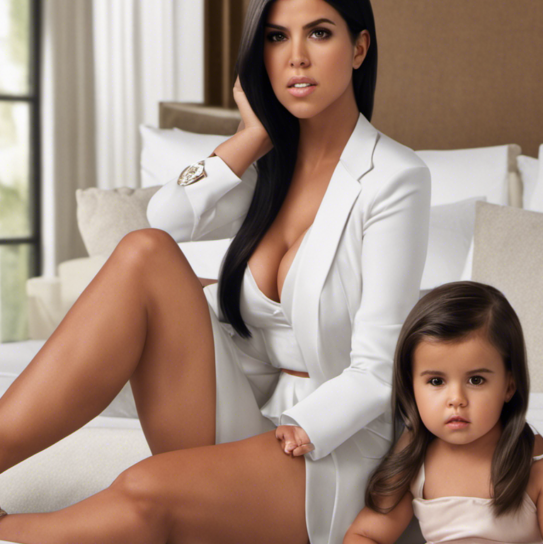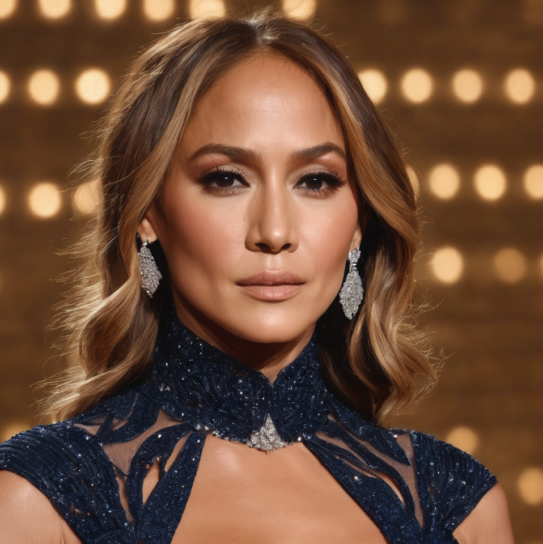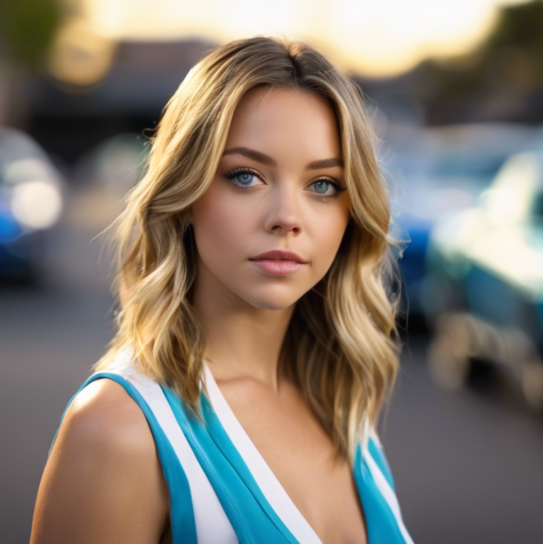In a recent turn of events that has Hollywood buzzing, actor and entrepreneur Ashton Kutcher found himself at the center of a heated debate. Kutcher, known for his roles in “That ’70s Show” and “Two and a Half Men,” as well as his investments in technology, made some forward-thinking comments about the role of artificial intelligence in the future of filmmaking. His remarks, which highlighted the potential of AI to revolutionize the industry, were met with a mix of intrigue and concern.
Kutcher’s vision of AI in cinema includes the automation of stunts, screenwriting, and even entire CGI departments. He believes that AI could streamline production processes, reduce costs, and open up new creative possibilities. However, his optimism isn’t shared by all. Industry professionals and audiences alike have voiced their worries about the implications of such a shift. The primary concern is the threat to jobs and the essence of human creativity that breathes life into the art of cinema.
The backlash was swift and significant, with many arguing that the essence of storytelling and the authenticity of human performance cannot be replicated by algorithms. The fear of job displacement in an industry already grappling with technological disruptions added fuel to the fire.
In response to the uproar, Kutcher took a step back to clarify his stance. He acknowledged the advancements in AI and its potential to augment filmmaking but also recognized the importance of maintaining a balance. He suggested that while AI could handle certain technical aspects, the soul of a film – its story, emotion, and connection – remains firmly in the hands of its human creators.
The conversation Kutcher has sparked goes beyond the silver screen. It touches on the broader theme of AI’s role in society and the need to navigate the fine line between innovation and the preservation of human jobs and creativity. As we stand on the brink of an AI revolution, Kutcher’s comments serve as a reminder of the delicate dance between embracing the future and honoring the past.
The debate is far from over. As AI continues to advance, the film industry – and indeed, all creative sectors – must grapple with these questions. How much of our art can be automated before it loses its heart? Can AI enhance creativity without stifling it? And most importantly, how do we ensure that the human element, which makes stories resonate with us, isn’t lost in the code?
Ashton Kutcher’s comments have undoubtedly stirred the pot, but they’ve also opened up a necessary dialogue about the future of creativity in an AI-driven world. It’s a conversation that’s only just beginning, and its outcome will shape the narrative of not just Hollywood, but every industry touched by the transformative power of artificial intelligence.






